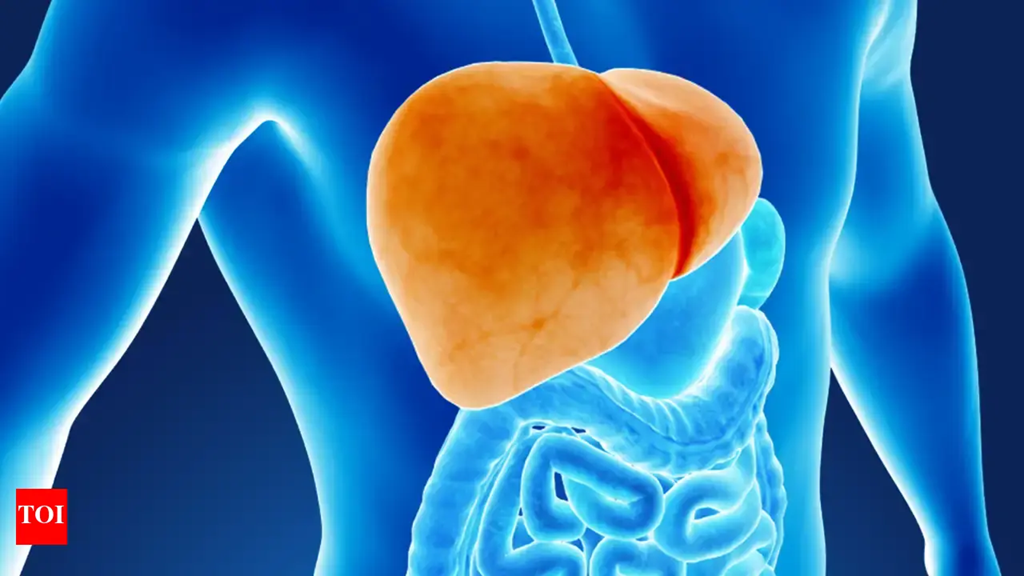
Researchers at the University of Pennsylvania’s (UPenn) School of Dental Medicine and their collaborators in Finland report they have developed chewing gum made from lablab beans that was effective at neutralizing both influenza and herpes simplex virus (HSV) transmission. The study, published in Molecular Therapy, shows the promise of this method as a new tool to help mitigate the spread of infection through the oral cavity.
“These observations augur well for evaluating bean gum in human clinical studies to minimize virus infection/transmission,” said co-lead author Henry Daniell, PhD, a professor at UPenn’s School of Dental Medicine.
The study was driven by the need for new tools to mitigate viral infections that spread through the oral cavity and focused on influenza A strains (H1N1 and H3N2) and two strains of herpes simplex virus (HSV-1 and HSV-2). According to the research, oral transmission of these viruses is several magnitudes higher than nasal transmission making the oral cavity an important target for antiviral treatments.
For this research, the investigators built upon previous work that demonstrated the efficacy of a similar antiviral approach for COVID-19. In this new work, the team tested a clinical-grade version of the chewing gum, which released the antiviral protein at the sites where viral transmission occurs.
“By targeting viruses where they spread most efficiently, in the oral cavity, this product could address a major gap in healthcare,” said Daniell.
The gum is made from lablab beans (Lablab purpureus), which naturally contain a viral trap protein (FRIL) that binds to and neutralizes viral particles. The FRIL protein was released efficiently during chewing, with more than 50% of the protein being released within just 15 minutes of chewing. The researchers demonstrated that just 40 mg of the gum formulation was enough to reduce viral loads by over 95% in vitro, similar to what had been observed in their previous studies with SARS-CoV-2.
The researchers noted that the formulation of the gum used in their research adheres to clinical-grade drug standards, important to exhibiting its safety for a potential FDA submission. The researchers also performed stability testing, showing that the FRIL protein remains stable in both lablab bean powder and chewing gum for extended periods, providing early evidence of its suitability for commercial production.
The public health implications of this research are significant as influenza and HSV infections cause widespread illness. The development of an accessible and easy-to-use product that reduces viral transmission could help reduce the burden on healthcare systems, particularly during peak infection seasons. Further, since many antiviral treatments for these viruses are limited in some settings, the gum could provide an affordable, alternative means of preventing the spread of these viruses in community settings.
With this positive preclinical data, the research team will now look to advance the gum into clinical trials.
“The observations from our study lay the foundation for evaluating this product in human trials to determine its real-world effectiveness,” the researchers wrote. They also plan to explore the use of lablab bean powder for tackling avian influenza, as recent outbreaks in North America have demonstrated the need for effective antiviral strategies against it in both humans and animals.









![Best Weight Loss Supplements [2022-23] New Reports!](https://technologytangle.com/wp-content/uploads/2022/12/p1-1170962-1670840878.png)




